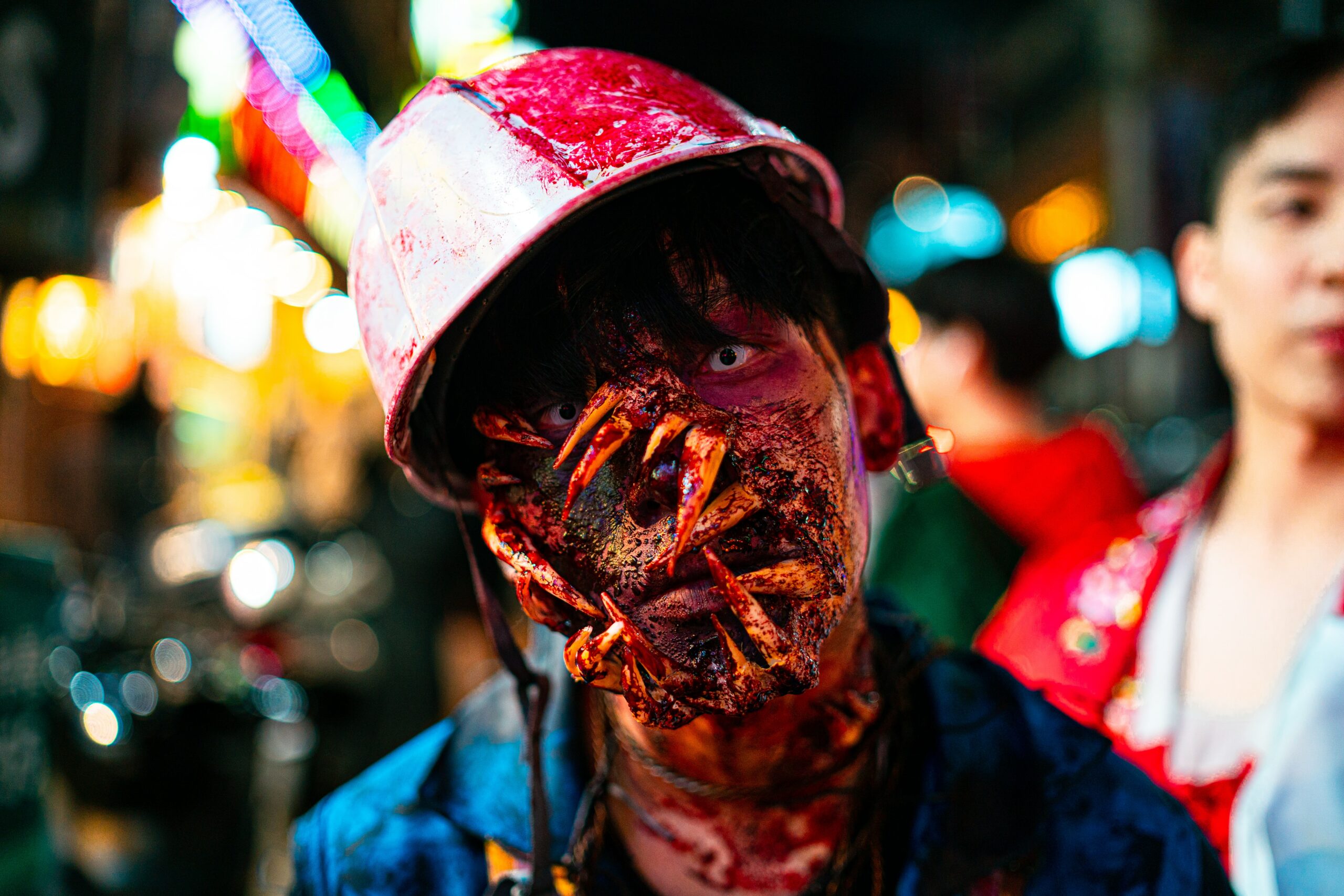The Walking Debt
The increase in interest rates globally has affected many businesses but the latest rate rise in Hong Kong is likely to cause all manner of problems for mortgage borrowers and corporate debtors, as the costs of maintaining their debt soar.
Some corporate borrowers in particular face a gloomy outlook as they could struggle to germinate enough funds to pay the interest on their loans, let alone the principal, – and these firms find themselves branded “zombie” companies.
Last year, 462 of Hong Kong’s 2,500 listed companies fell into the category, with an Ebit-to-interest-expense (earnings before interest and tax) ratio of less than 1, based on Bloomberg’s data.
This mass of the”undead” companies, each with at least 10 years of operating history, tripled in number from a decade ago and multiplied during the pandemic, from 319 in 2019 to 396 in 2020. Among them, 266 companies have been in financial limbo (or worse) for three years running – a necessary time period for true “zombiehood”, according to the OECD.
Limited options
In the past many such businesses could lurch on indefinitely, restructuring their debt at varying interest rates, absorbing cash from angels and white knights, or getting state help from governments who wanted to avoid any collapses, and the knock-on effects to the economy.
However, the interest-rate situation now makes it likely that more of these firms will go from undead to plain dead. As many as 149 China-based companies listed in Hong Kong, Shanghai, Shenzhen and New York have earned less than the interest on their debt for three straight years from 2019 through 2021, according to Natixis’ data. That number is up from 102 in 2020, and has tripled from 49 in 2019, before the pandemic broke out.
Zombie parts
China comes second globally in terms of its 2021 zombie population; the US had 171 zombies and Asia excluding China had 134.
The colourful term zombie goes back to when Japan’s asset bubbles collapsed in the 1990s. One of the most famous zombies of all, the unprofitable electronics firm Sharp, was kept alive on loans and bailed out by banks in 2012, only to lose USD $8bn over the ensuing few years.
The recent covid pandemic combined with historically low rates recently helped to increase the proliferation of zombies, and also to make these vulnerable firms even more prone to debt problems.
This is more pronounced in developing economies than in advanced ones, due to more government intervention in the first group. Many governments offered pandemic relief that helped to sustain some zombies through the last three years. But those sources of support are drying up.
Chinese puzzle
Such zombie companies in mainland China may have better prospects than their US or European counterparts. While the Fed is raising interest rates, with Hong Kong and many Western markets following in lockstep, China surprised the market last month by cutting its two key interest rates.
China’s one-year loan prime rate (LPR) was reduced from 3.7% to 3.65%, while the five-year LPR, which is the reference for mortgages, was cut from 4.45% to 4.3%.
China has a huge amount of zombie companies but the difference is that China, like some Western governments, tends to prefer the survival of zombie companies to their collapse, experts told the South China Morning Post. Although letting zombies die could be more healthy for overall economic development, it can be politically costly, with knock-on effects on healthy companies, they said.
Also, in mainland China, historical state intervention and a proportionately reduced level of openness around data may have allowed zombie companies to expand more without setting off alarm bells.
Our take
These zombie firms face an understandably uncertainty future, but the wiley investor can watch and see how such a scenario could result in fresh rounds of support or opportunities for refinancing.
Large companies in these circumstances can sometimes raise funds through new share placements or rights issues, but smaller firms may not be able to secure such funding, so many will look for succour in mergers or acquisitions by rivals, “frenemies” or private-equity finance.
